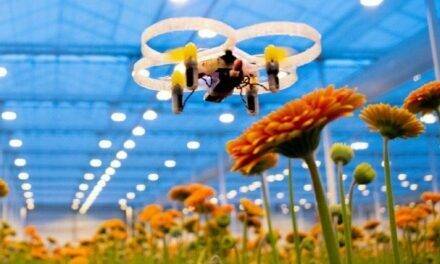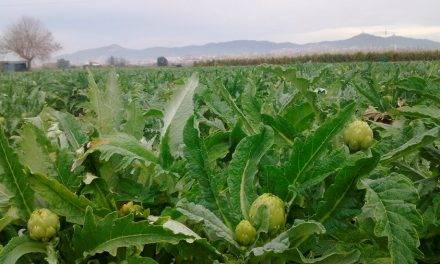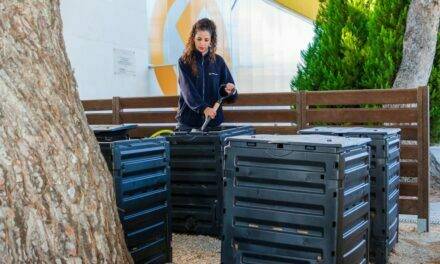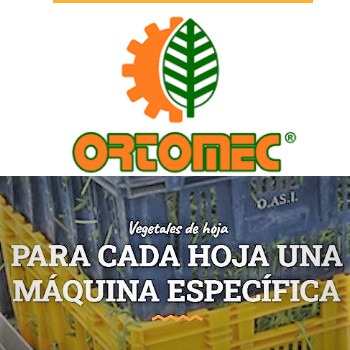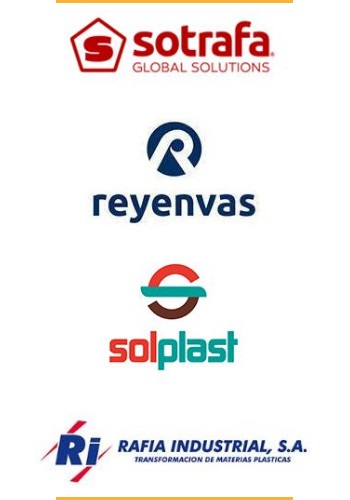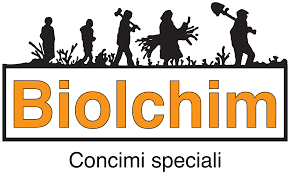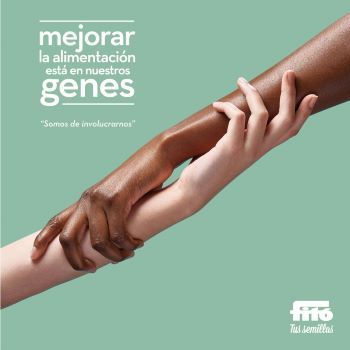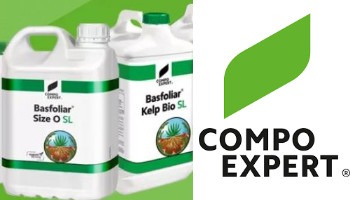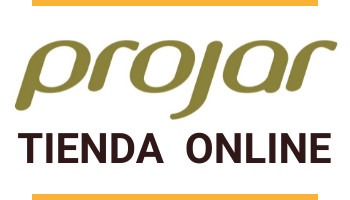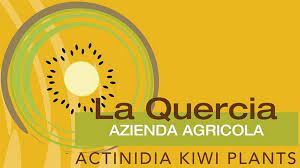
AIMPLAS works on the development of smart traps and pheromones for an eco-friendly control of the gypsy moth in oak forests
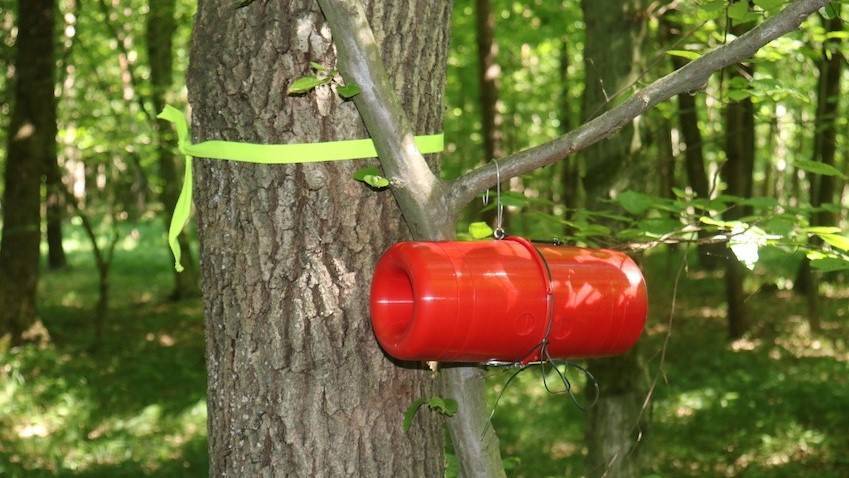
- The LIFE eGymer project aims to use a non-chemical control by developing and implementing smart traps, mass and larval trapping, as well as mating disruption techniques
- These innovations will allow to remotely monitor and effectively control more than one life stage of the gypsy moth, and a much wider application time window compared to chemical control methods
05.12.2022 – ENGLISH
The gypsy moth, Lymantria dispar (L.) (Lepidotera: Erebidae), is an indigenous species that infects oak forests in Central and Southern Europe, Asia and Africa. It constitutes a big environmental problem as it is a voracious eater that completely defoliates entire trees, causing health problems to humans and animals, such as allergies or skin irritations.
Despite modern aerial technologies developed through insecticide treatments, the high application costs, the lack of proper equipment and personnel skills and training, prevent large-scale treatment and make application programmes obsolete in protecting high value forests in many countries. Moreover, the quantities of insecticides needed in large-scale applications negatively affect biodiversity in these ecosystems and cannot be used near urban / suburban areas. Besides, the gypsy moth itself poses a health risk to people, causing dermatitis and hives, as widely reported after contact with caterpillars.
To solve this problem, the consortium of the LIFE eGymer project, in which AIMPLAS, the Plastics Technology Centre, is integrated, continues to work on the development of smart traps and pheromones to monitor and control the gypsy moth in Greece, Spain and Slovenia, where the air spraying and targeted applications with insecticides are not always possible.
The basic aim of LIFE eGymer is to use a non-chemical and eco-friendly control by developing and implementing smart and recyclable traps, mass and larval trapping and mating disruption techniques, to remotely monitor and effectively control more than one life stage of the gypsy moth, and a much wider application time window compared to chemical control methods (against larvae: May/June, against moths: July/August).
This research will contribute to reduce the application costs compared to the use of insecticides, to reduce the nuisance caused by larvae and to demonstrate the positive influence on local biodiversity conservation. Project activities also include the continuous monitorization of infestation levels with the use of Information and Communication Technologies (ITC), in order to minimize infestation on specific and diverse target areas.
LIFE eGymer will be the first step to a novel method that will change gypsy moth control in forest and semi-urban environments. It will provide a profound analysis and evaluation of the economic and environmental advantages of the new technology compared to the current spraying method, leading to the definition of Best Management Practices and equipment for an environmentally friendly, safe and of minimal cost control method for the gypsy moth in diverse environments in the EU.
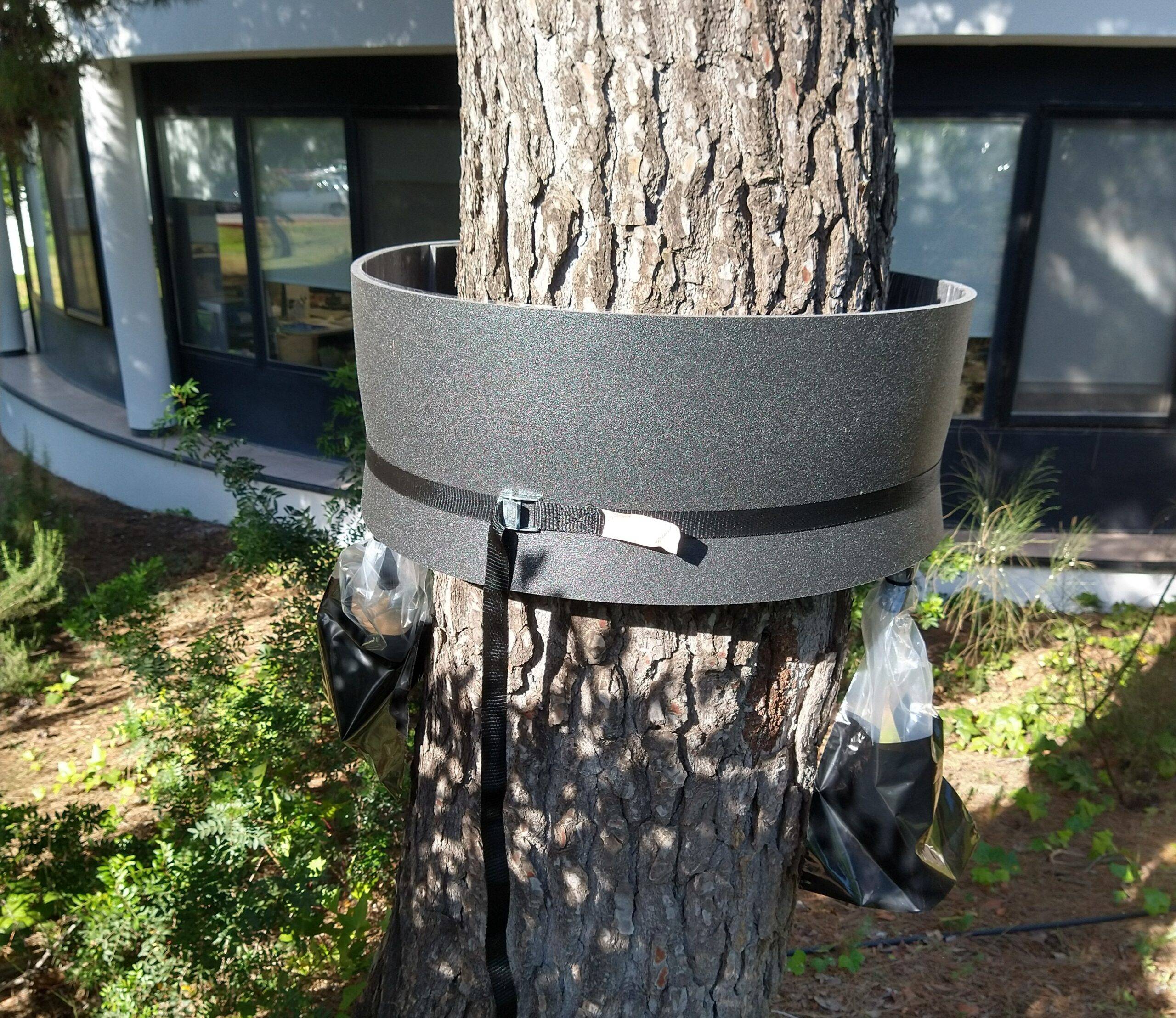
Demonstration sites and stakeholders involvement
The involvement of stakeholders, policy makers and national/local authorities follows the demo character of the project. In this context, selected key persons of these authorities will be invited directly to the demonstration sites during training activities, to illustrate the potentials of these methods in area-wide management approaches.
These demonstration sites will be utilised as pilot areas that prove that the combined use of all the actions has positively measurable results and can be further expanded. A critical component towards this direction will be the ease of applications of the methods that are to be implemented. For instance, the trapping devices that will be developed in LIFE eGymer will be easily adaptable to a wide range of case scenarios and will be assembled much faster than the conventional ones.
The LIFE eGymer project is co-funded by the LIFE Programme of the European Union under contract number LIFE20 ENV/GR/000801. The consortium is made up of partners University of Thessaly (UTH), Agricultural University of Athens (AUA), University of Ljubljana (UL), Universitat de Lleida (UdL), PROBODELT and AIMPLAS.
About AIMPLAS
At AIMPLAS, the Plastics Technology Centre, we have a twofold mission: to provide added value to companies so they can create wealth, and to meet societal challenges to improve people’s quality of life and ensure environmental sustainability.
We are a non-profit research association and member of REDIT (Network of Technological Institutes of the Valencia Region) offering enterprises in the plastics industry comprehensive and customized solutions, including development and innovation projects, training, competitive and strategic intelligence, and technological services such as analysis, testing and technical assistance.
We also support the 17 SDGs of the UN Global Compact when carrying out our work and corporate social responsibility activities.










